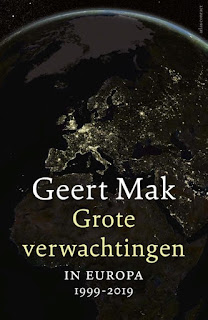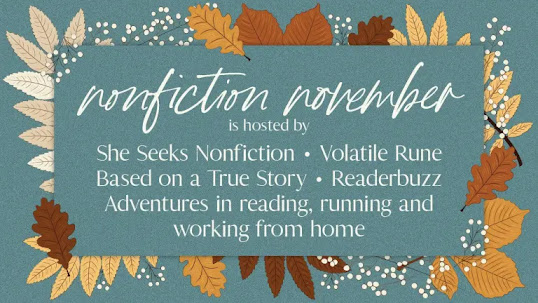This was my third book by Salman Rushdie. I have enjoyed them all but this one was probably the most personal and therefore very special and highly impressive.
He doesn't just tell us about the attack and its consequences, both physically and mentally, he also recounts the problems he had during and with the fatwa. How can people go and attack someone who has a different opinion? We don't go and attack those that attack him. If their God was the most important one of all the Gods, he would probably not tell them to kill everyone who is against him.
The whole book is quotable, therefore you should absolutely read it. But here are some very quotable thoughts:
"Chance determines our fates at least as profoundly as choice, or those nonexistent notions karma, qismat, 'destiny'".
"… we would not think in the long term. We would be grateful for each day … and live it as fully as we could."
"I understand that for many people religion provides a moral anchor and seems essential. And in my view, the private faith of anyone is nobody's business except that of the individual concerned. I have no issue with religion when it occupies this private space and doesn't seek to impose its values on others. But when religion becomes politicized, even weaponized, then it's everybody's business, because of its capacity for harm."
"When the faithful believe that what they believe must be forced upon others who do not believe it, or when they believe that nonbelievers should be prevented from the robust or humorous expression of their nonbelief, then there's a problem."
I think if this story teaches us anything, it's that you cannot kill people's opinions. There will always be supporters who will continue; now more than ever. Therefore, whoever supports terrorists, know that you might kill people but will never be able to kill an idea.
As an old German song says: Thoughts are free!
From the back cover:
"From internationally renowned writer and Booker Prize winner Salman Rushdie, a searing, deeply personal account of enduring—and surviving—an attempt on his life thirty years after the fatwa that was ordered against him
On the morning of August 12, 2022, Salman Rushdie was standing onstage at the Chautauqua Institution, preparing to give a lecture on the importance of keeping writers safe from harm, when a man in black—black clothes, black mask—rushed down the aisle toward him, wielding a knife. His first thought: So it’s you. Here you are.
What followed was a horrific act of violence that shook the literary world and beyond. Now, for the first time, and in unforgettable detail, Rushdie relives the traumatic events of that day and its aftermath, as well as his journey toward physical recovery and the healing that was made possible by the love and support of his wife, Eliza, his family, his army of doctors and physical therapists, and his community of readers worldwide.
Knife is Rushdie at the peak of his powers, writing with urgency, with gravity, with unflinching honesty. It is also a deeply moving reminder of literature’s capacity to make sense of the unthinkable, an intimate and life-affirming meditation on life, loss, love, art—and finding the strength to stand up again."
Salman Rushdie received the Peace Prize of the German Book Trade (Friedenspreis) in 2023.
























